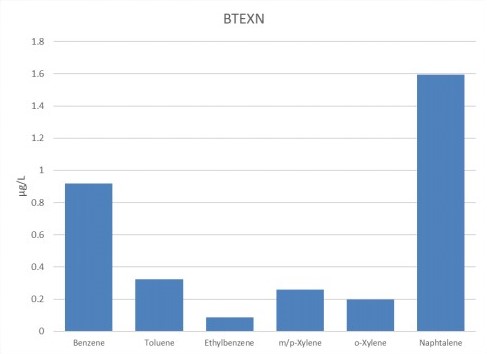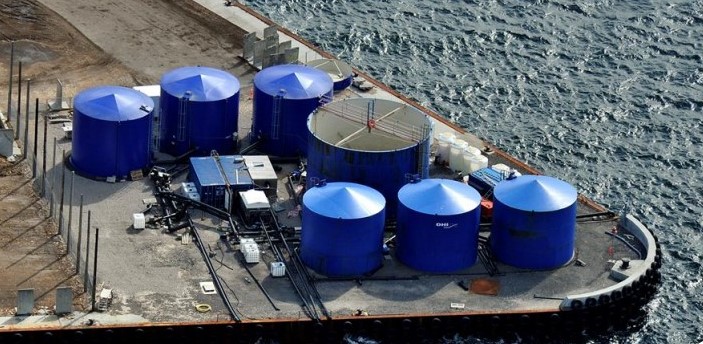A recent study by the Exhaust Gas Cleaning Systems Association (EGCSA), indicates that both in a standard OECD port and in a highly trafficked seaway the operation of open loop scrubbers did not create an unwarranted risk.
Commenting on the result of the study, Don Gregory, Director of the EGCSA mentioned that:
The results of the study were not unexpected. The study puts to bed the myth and unsubstantiated claims of some NGOs who are simply seeking to ban the use of residual fuel oil. They have used rhetoric, sensationalism and unsubstantiated claims or pseudo studies to attempt to discredit scrubbers
Furthemore, the study addresses the concerns that the discharge water from scrubbers, whilst infinitely low in concentrations of substances that might be considered hazardous, “might” produce an unexpected toxic cocktail.
Discharge water was taken from four ships operating in northern Europe with open loop scrubbers. The samples were homogenised and presented to different levels of marine organisms including algae & crustaceans in a step-wise process, culminating in testing the toxicity with fish. The steps towards assessing the possible toxicity to fish were possible because at no stage were the measured assessment parameters exceeded.

concentration in the composite inlet and composite discharge sample / Credit: EGCSA
The final step in the risk assessment is the translation of the data to the real-life situations of several scrubbers discharging into a port or into a busy sea lane. In all cases, the risk of ecotoxicity was well below the unacceptable level.
Mr. Gregory added that the study gives certainty to ports, harbours and other authorities about the acceptability of operating open loop scrubbers in their jurisdictions. However, EGCSA will be seeking partnerships with ports to undertake more studies to provide on-going assurance that ecotoxicity of the open loop scrubber wash water remains at a safe level to discharge into the marine environment.






























































